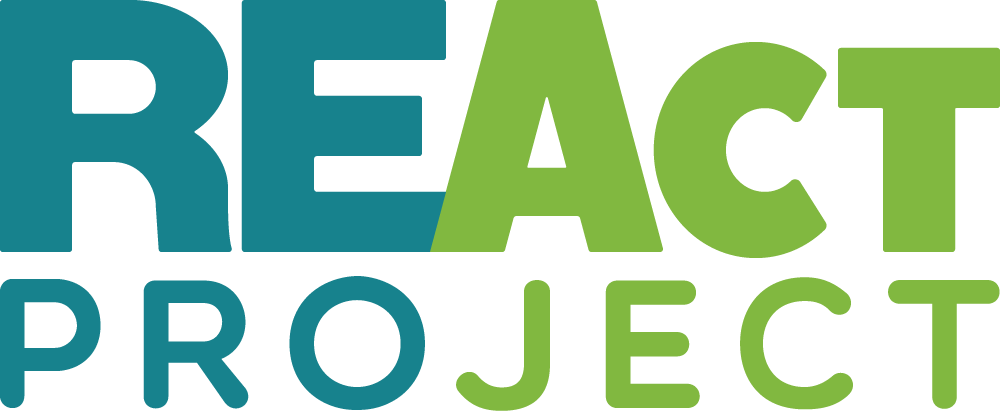
In the world of medicine, despite the high standards of professionalism imposed, there is sometimes a problem of stigmatization by healthcare providers towards their patients, especially those from key populations. This internal stigma can manifest itself in the form of biased opinions, lack of empathy, avoidance, and even disclosure of confidential information. Such behavior constitutes moral violence against the person seeking help and should not go unnoticed or unpunished. In light of International AIDS Day on December 1, it is particularly important to remember that stigma creates barriers to effective prevention and treatment, and prioritizing efforts to overcome it (including within the medical community) and create a more supportive environment for all is a key factor in achieving the 95-95-95 goals.
Gulmira (name changed), a client living with HIV, went to give birth in a maternity hospital. However, from the very beginning, she encountered an unpleasant attitude on the part of medical staff.
Upon arrival at the facility, she had to repeatedly explain that she was not from a community of people who use drugs and was not a sex worker and that she did not have such friends. But this did not change the situation. During labor, the midwife said that people like Gulmira, «…get sick and give birth to disabled people». And when the process of stitching up after a cesarean section was underway, she told Gulmira: “God forbid you to twitch and I’ll inject you, you’re gonna be in a lot of trouble! I’m tired of running to take tests after people like you”. It was insulting and humiliating. While being transferred to the ward, Gulmira noticed the unkind and curious looks of the nurses. These four days in the maternity ward seemed to her as if she was in some kind of Kunstkammer.
Together with a doctor from the AIDS Center, the REActor decided to intervene. They went to the maternity center and educated the head of the ward, recalling Article 76 of the Code of the Republic of Kazakhstan “On the Health of the People and the Health Care System”, which guarantees the protection of citizens from any form of discrimination and stigmatization due to the presence of any disease.
The REActor also conducted a preventive talk with the medical staff on the topic of stigma and discrimination against people living with HIV. She emphasized the importance of understanding, supporting, and treating every patient impartially, regardless of their HIV status.
This story emphasizes that stigma and discrimination in healthcare settings can seriously affect a patient’s physical and emotional well-being. The intervention of the REActor and the AIDS Center doctor helped to change attitudes and create a more supportive environment for Gulmira and other people living with HIV.
As part of the regional campaign “Push forward! To end violence against women and girls”, REAct organized a series of webinars on how to counteract gender-based violence and how to qualitatively help women who come forward. Recordings of webinars in English, Ukrainian, and Russian are available below. In 2023, we encourage new listeners to view the webinar recordings. From November 25, 2023 to January 31, 2024, each participant receives a unique opportunity to take a short test and receive a personalized online certificate.
Visit useful materials on the REAct website for more useful courses and publications. Operative data regarding human rights violations of vulnerable to HIV/AIDS communities is available as well on country data factsheets. Read more successstories of response here.



